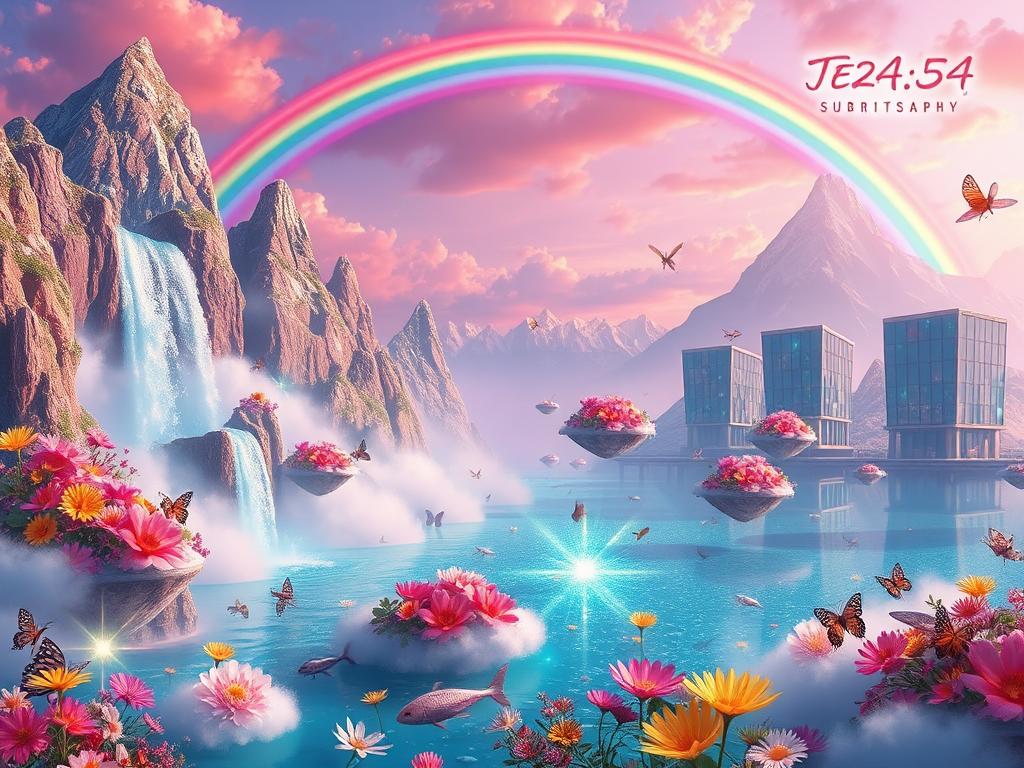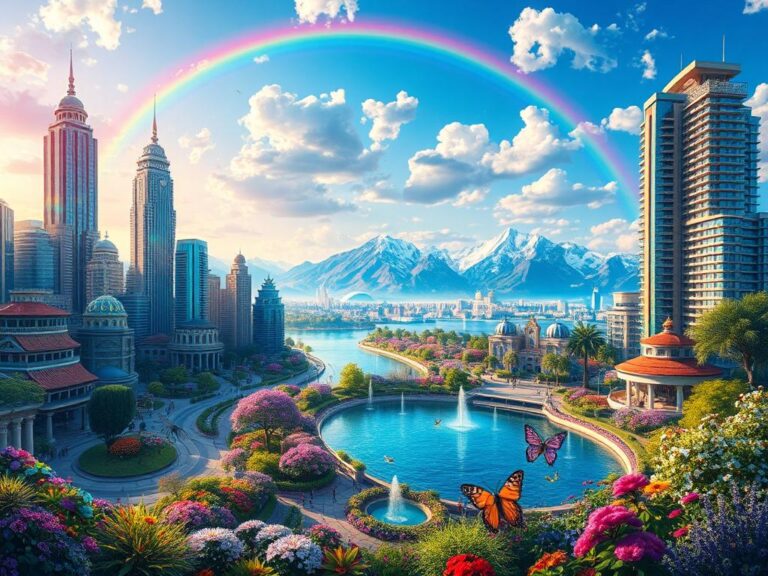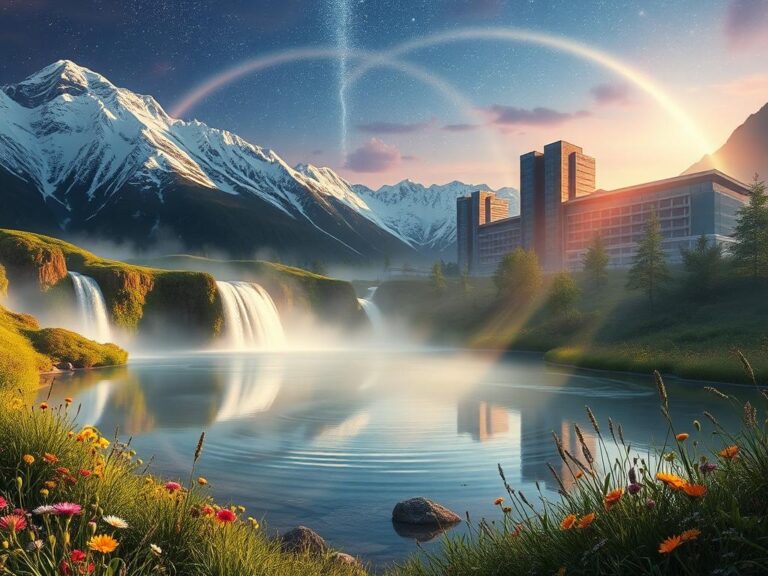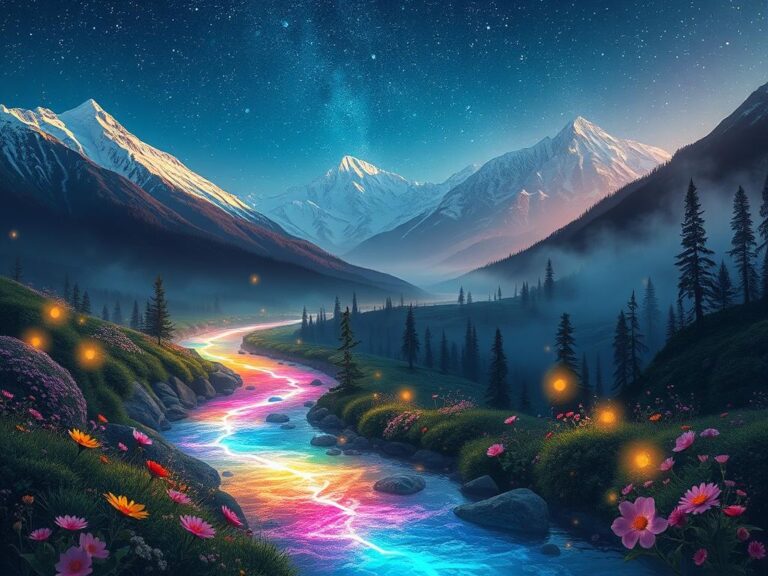The Dark Side of Jokes: Embrace the Unexpected
The Dark Side of Jokes: Embrace the Unexpected
Introduction
The dark side of jokes is often where the most unexpected humor resides.
It challenges social norms, pushes conversational boundaries, and evokes strong emotions.
Understanding this hidden facet of comedy opens up an exciting world where laughter coexists with discomfort.
In this article, we explore the intricate layers of dark humor, its psychological impact, and how we can embrace it safely and effectively.
With a mix of wit and wisdom, we’ll delve into the purpose of dark jokes, share some eye-opening examples, and discuss why they capture our intrigue.
The Essence of Dark Humor
Dark humor, often referred to as black comedy, plays with the themes of death, taboo, and the uncomfortable aspects of life.
It rings true to the adage that “laughter is the best medicine,” particularly when dealing with sensitive topics.
Many find solace in humor during difficult times, and dark jokes can serve as a coping mechanism.
While the idea of laughing about macabre subjects may seem distasteful, it can also be a form of resistance against fear.
As comedian Ricky Gervais stated, “There’s no subject that’s off-limits. It’s how you deal with it.”
So, what makes dark humor resonate more profoundly than traditional jokes?
- Relatability: Life is filled with grief and sadness, and humor allows us to acknowledge these feelings without being overwhelmed.
- Shock Value: The unexpected punchline elicits surprise, making the humorous outcome more memorable.
- Cathartic Release: Sharing dark jokes can create a community of understanding and acceptance.
The Psychology Behind Dark Humor
Understanding dark humor’s psychological components helps explain its usage and appeal.
Research indicates that dark jokes activate the brain’s reward center; they trigger laughter while simultaneously acknowledging tension.
This duality often results in a release of pent-up frustration and discomfort.
Studies reveal that people who appreciate dark humor tend to score higher in traits like intelligence and openness.
This leads to the question: why does society often stigmatize this humor form?
According to psychologist Dr. David A. Buss, cultural contexts dictate what’s deemed humorous.
In more liberal societies, dark humor may thrive due to increased acceptance of taboo subjects.
Conversely, in conservative cultures, dark jokes could be met with resistance, often perceived as inappropriate.
Examples of Dark Humor
To embrace the unexpected fully, let’s explore some dark jokes that elicit that laughter-tinged-with-unease.
Each example reflects how humor dances around sensitive topics while delivering a valid punchline.
“Why don’t skeletons fight each other? They don’t have the guts.”
This joke cleverly highlights the idea of life and death when pondering humor.
“What did the dead guy say to the living person? ‘Hey, how’s the other side?’
These jokes showcase how, through laughter, we can acknowledge mortality and the unknown.
Breaking Social Norms with Dark Humor
Jokes often reflect the societal context in which we live.
Dark humor has a unique way of addressing social norms that may otherwise be considered taboo or enshrined in fear.
Certain topics, like mental illness or existential crises, are often stigmatized in mainstream conversations.
Yet, dark humor provides a safe space to challenge these norms.
For instance, comedian Louis C.K. has used dark humor to bring attention to sensitive subjects, making them more approachable.
As he said, “The best jokes are the ones about death; they’re real.”
The Risk Factors of Dark Humor
While dark humor can unify and provide laughter in uneasy situations, there are inherent risks associated with its use.
Not everyone finds dark jokes funny, and roulette sensitivity can lead to misunderstandings or offense.
Here are some critical considerations to navigate when sharing dark humor:
- Know Your Audience: Gauge the room before introducing dark humor. Not everyone will appreciate the same jokes.
- Context is Key: Share dark jokes in the right context—after all, timing is essential when delivering humor.
- Be Prepared for Backlash: Dark humor may receive an adverse reaction, especially if it crosses personal lines.
Strategies to Embrace Dark Humor
Though dark humor comes with its share of challenges, it is possible to embrace it for therapeutic benefits while still navigating the waters carefully.
Here are effective strategies for using dark humor positively:
- Use it as a Coping Mechanism: When faced with adversity, dark humor helps lighten the emotional load.
- Community Connection: Find like-minded individuals who appreciate the art of dark comedy.
- Adopt a Growth Mindset: Use dark humor as a way to discuss concerns that provoke anxiety, changing perceptions over time.
Personal Stories and Case Studies
Many people can relate to moments where humor became a lifeline during challenging times.
Consider someone coping with grief; sharing dark jokes about loss can create moments that foster connection and understanding.
One anecdote involves a group of friends at a funeral who found themselves sharing dark jokes to relieve tension.
This moment not only lightened their spirits but also celebrated the memory of the deceased in a way that felt genuine.
In these scenarios, dark humor validates the complex human experience of loss while creating a therapeutic bond between individuals.
Conclusion
The dark side of jokes reveals layers of humor that challenge societal norms and provoke thought.
Going beyond the surface, we can appreciate how dark humor addresses uncomfortable truths while allowing for emotional release.
While it requires sensitivity and awareness, dark humor undeniably enriches our lives in unexpected ways.
Recognizing its power can help us connect with others through shared laughter, particularly during life’s more challenging moments.
So, embrace the future of humor, and don’t shy away from humor that makes you think, laugh, and feel all at once!
FAQ
What is dark humor?
Dark humor is a comedic style that addresses themes of death, despair, and taboo subjects often considered inappropriate for lighthearted discussion.
Why do people enjoy dark humor?
Dark humor allows people to confront uncomfortable feelings in a safe environment, facilitating emotional release and camaraderie.
Can dark humor be harmful?
Yes, dark humor can be harmful if shared inappropriately or with an audience unprepared for its content, leading to misunderstandings or feelings of offense.
How can I learn to appreciate dark humor?
To appreciate dark humor, start by understanding its context and the complexities of the subjects it addresses, focusing on its ability to reveal deeper truths.
We invite you to share your thoughts, experiences, or questions regarding dark humor in the comments section.
Let’s keep this conversation going and explore the unexpected depths of comedy together!







